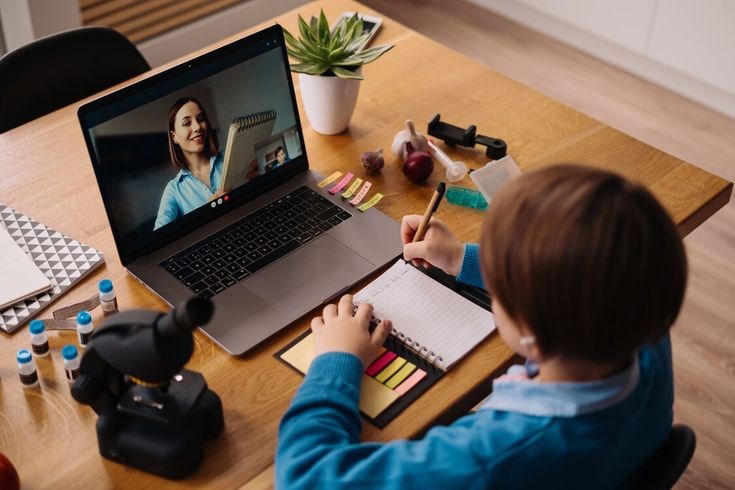Long-term effects of shifting to remote learning due to the pandemic on the students significantly affects academic achievement as well as personal interactions and emotions of students. E-learning disrupted features of the conventional learning system and this meant new opportunities and challenges as well. Despite being accessible, students encountered challenges such as learning loss, low motivation and social detachment that were problematic for their development.
One of these potential effects is the expansion of inequality in education. Students from poor families especially faced challenges such as poor connectivity and poor learning facilities hence resulting in poor performance. These gaps may take time to be closed hence disadvantaged the disadvantaged students hence their future earnings and the economic status quo.
Another effect which is related to one of the effects you have already mentioned is the fear that socially and commercially communicational skills are affected. Doing things on the field is very important when it comes to formation of teamwork, leadership and emotional show. These aspects of college were restricted in remote learning causing students to get more stressed, anxious, and have less interpersonal skills. In contemporary society, a lot of students have challenges in collaboration and challenging situations in social interactions.

Mental health issues were another key concern that also came out as an issue. These include sedentary lifestyles due to limited interactions with other people, spending more time using gadgets and more focus on academic work that made students report high levels of anxiety, stress and depression. This caused drastic effects on the students’ lives isolating personal and family issues from school-related matters thus enhancing stress and emotional exhaustion.
At the same time, remote learning helped to develop such valuable skills as flexibility and digital literacy. Some put in least effort as they are expected to manage their own time and study on their own. However, such advantages are some measure beneficial; they do not in any way make up for loss of class time. To eliminate such long-term effects, further intervention measures such as blended learning, counselling, and policy changes especially in the provision of education for students, general development.
Conclusion
Remote learning during the pandemic brings very serious questions about its long term consequences for social, emotional, and academic impacts that need strategic solutions. Although the students were able to achieve the goal of developing adaptability as well digital competencies, various learning gaps and mental health concerns persisted. To make sure the students make progress in regaining lost opportunities and to develop a strong foundation for future success, a balanced approach must be taken to combine hybrid learning, targeted support and social development initiatives.